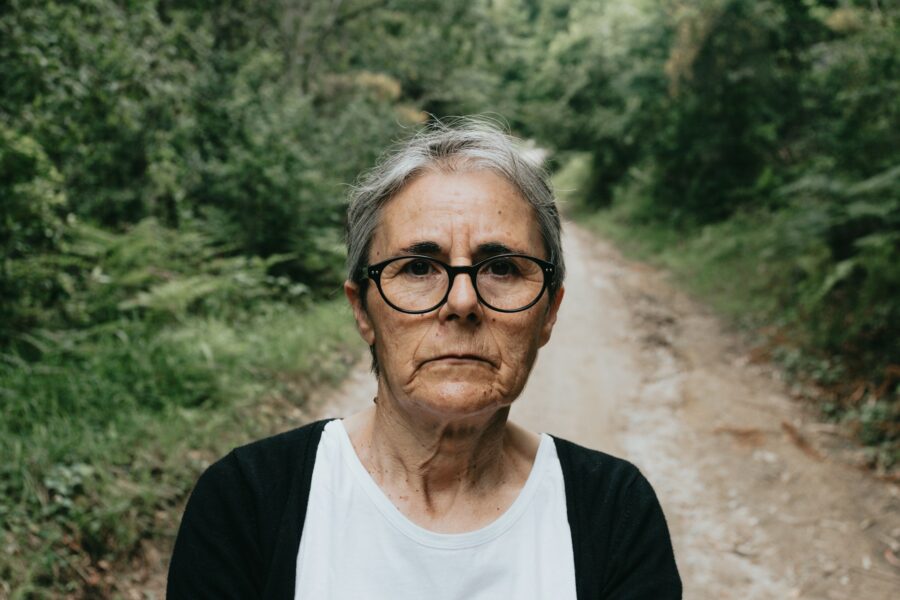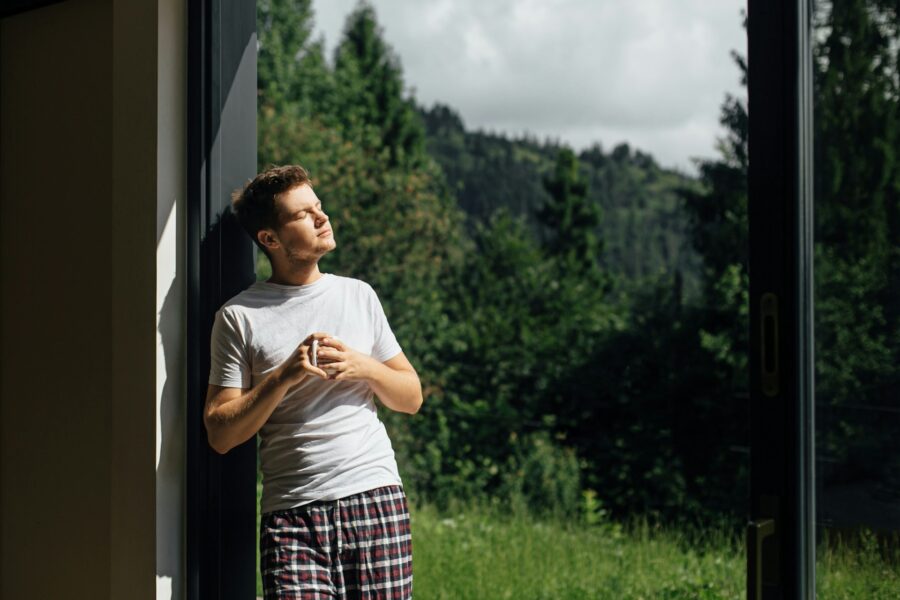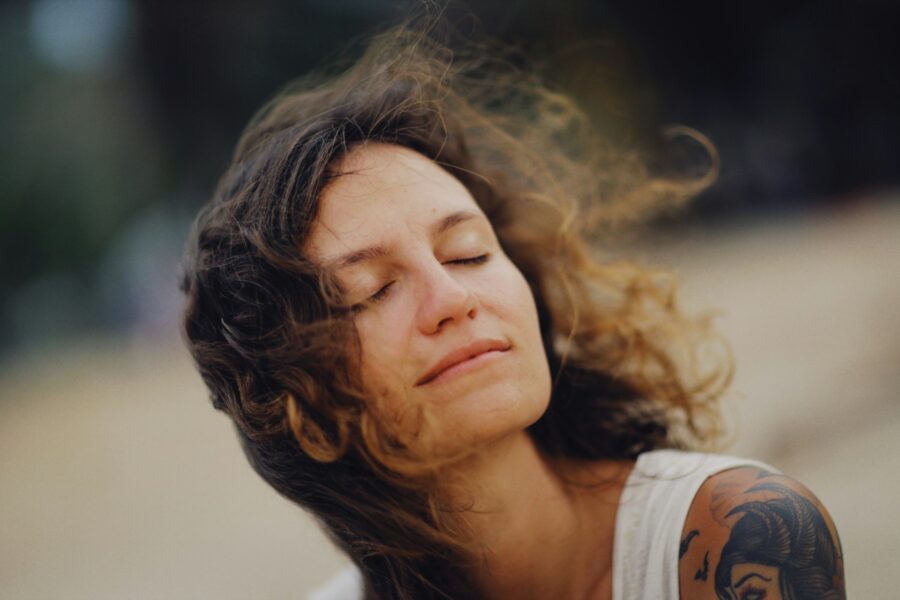Blue Zones are places around the world where people consistently live longer, healthier lives—and not just by a few years, but often into their late 90s or 100s.
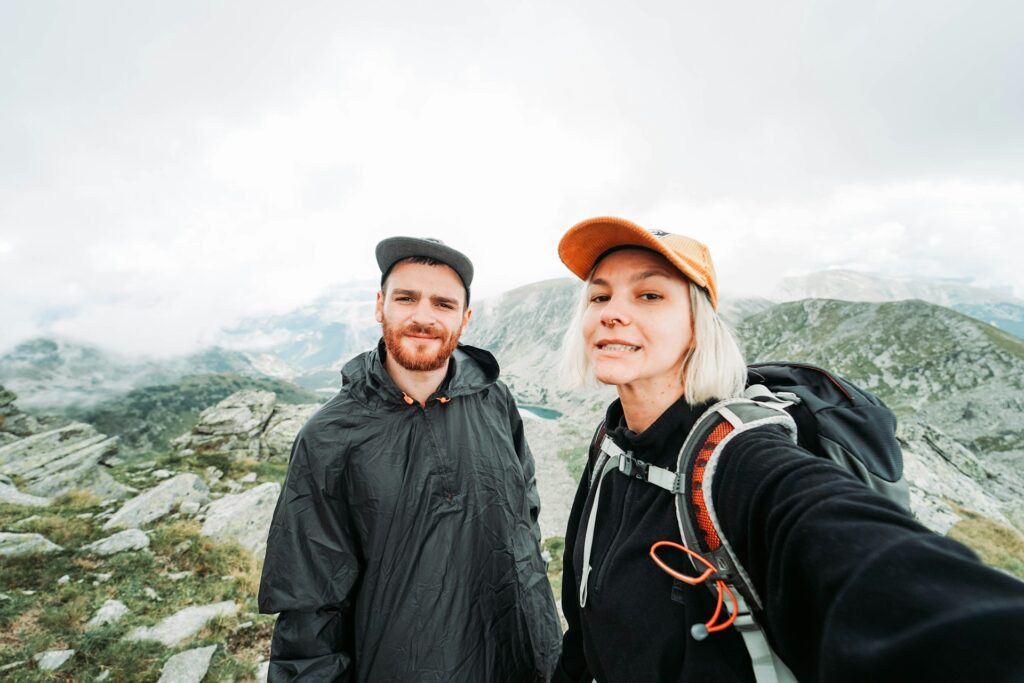
These regions, which include parts of Japan, Italy, Greece, Costa Rica, and California, aren’t filled with secret potions or high-tech biohacks. What they do have is a way of life that prioritises connection, purpose, simplicity, and a kind of daily rhythm that modern culture tends to bulldoze right over. If you’re curious about what actually helps humans live longer and not just exist longer, here are 14 principles from Blue Zone living that might actually change how you think about your own health and happiness.
1. They move naturally—without calling it exercise.

In Blue Zones, people aren’t doing HIIT workouts at 6am or running marathons every month. Instead, movement is woven into daily life. They walk, garden, knead dough by hand, or bike to the market. Their lives are active because their routines are active. That kind of movement is sustainable, low-stress, and consistent. It’s a reminder that you don’t need a gym membership to take care of your body. Just keep it moving in ways that feel human, not forced.
2. Their meals are mostly plants and mostly simple.

You won’t find super-restrictive diets in Blue Zones. Food is seasonal, local, and largely plant-based—think beans, greens, grains, and plenty of olive oil. Meat is more of a flavouring than a staple, and processed foods are rare. It’s not about counting macros or eliminating joy. It’s about eating in a way that supports longevity without obsession. The simpler the meal, the more sustainable the habit.
3. They eat until they’re just satisfied, not stuffed.
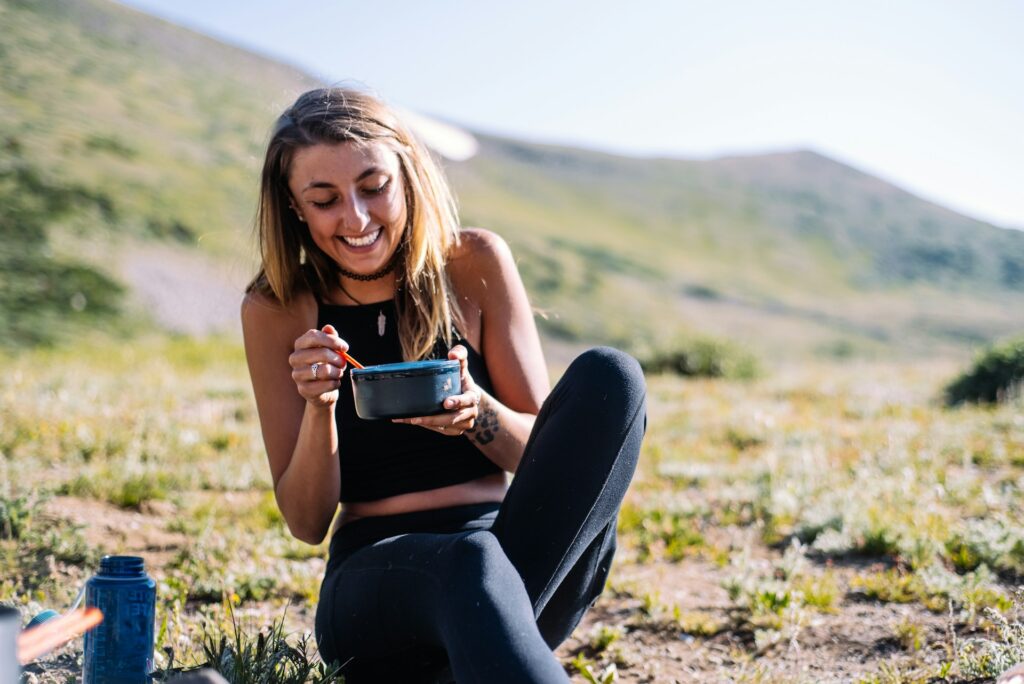
In Okinawa, there’s a principle called Hara Hachi Bu, which means stopping when you’re 80% full. It’s a small shift that makes a big difference—less strain on digestion, fewer empty calories, and more long-term balance. This isn’t about restriction. It’s about mindfulness. Tuning in to when you’ve had enough, instead of letting stress or habit override your hunger cues.
4. They drink alcohol moderately—and socially.
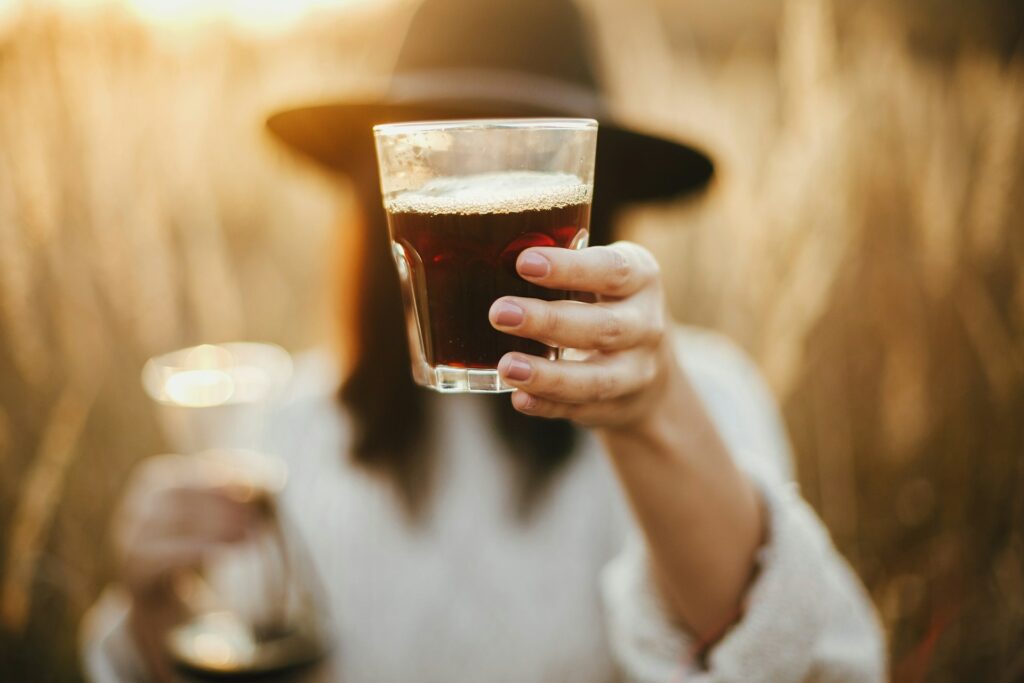
Wine isn’t demonised in Blue Zones. In fact, a glass of red wine with dinner is common in places like Sardinia and Ikaria. The key is that it’s done with food, with people, and in moderation. It’s less about the drink itself and more about the ritual around it. Alcohol isn’t used to numb or escape—it’s used to connect, to slow down, to be present.
5. Purpose is built into daily life.
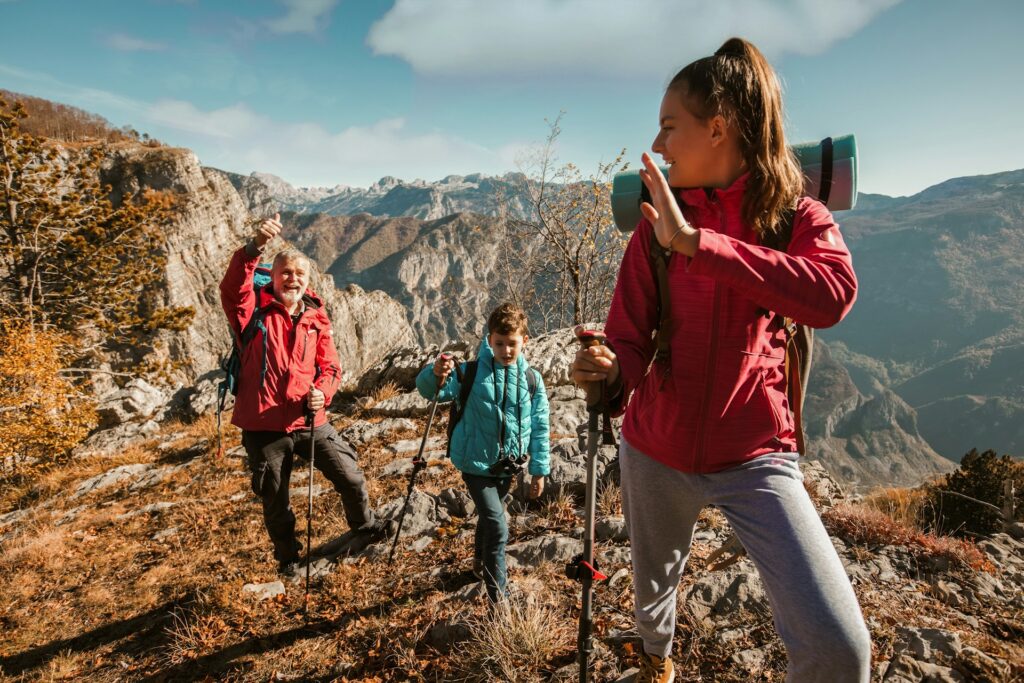
Blue Zone residents tend to have a strong sense of purpose, or what the Japanese call Ikigai. Whether it’s looking after grandchildren, tending a garden, or mentoring other people, they wake up with a reason to contribute. This gives them a sense of identity beyond work or achievement. Purpose doesn’t retire with age—it evolves. It keeps people mentally sharp and emotionally grounded.
6. They prioritise family and community.
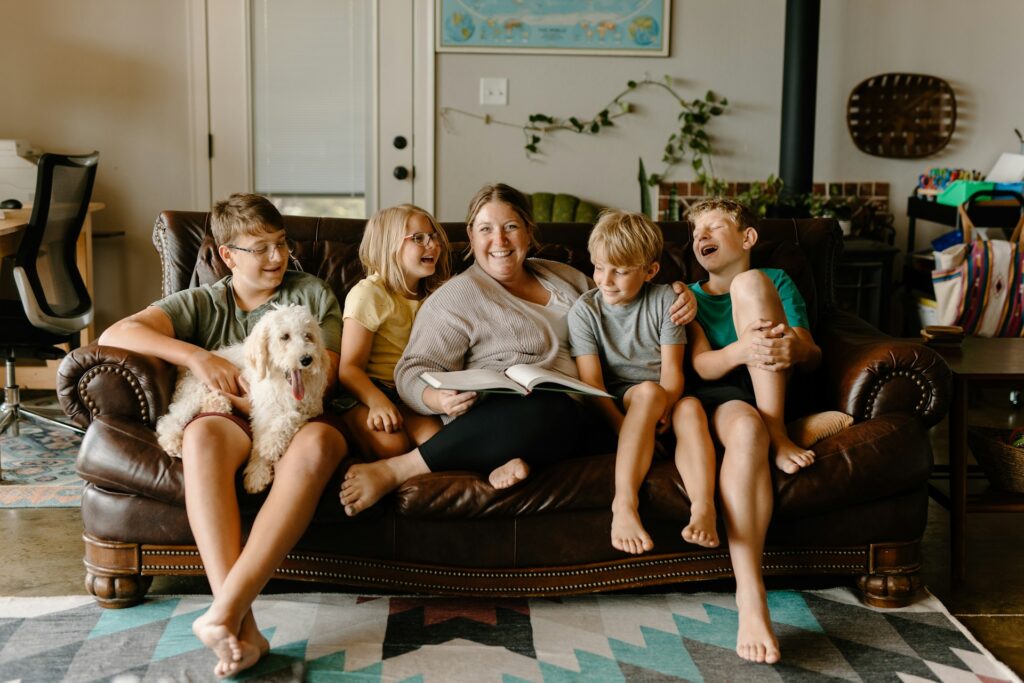
In Blue Zones, people stay connected to their families across generations. Elders aren’t isolated; they’re respected and included. Children grow up around grandparents. Meals are shared. Problems are faced together. That strong social fabric makes people feel held. When you’re deeply connected to other people, life feels more meaningful, and that’s powerful protection against stress, anxiety, and isolation.
7. They belong to something bigger than themselves.
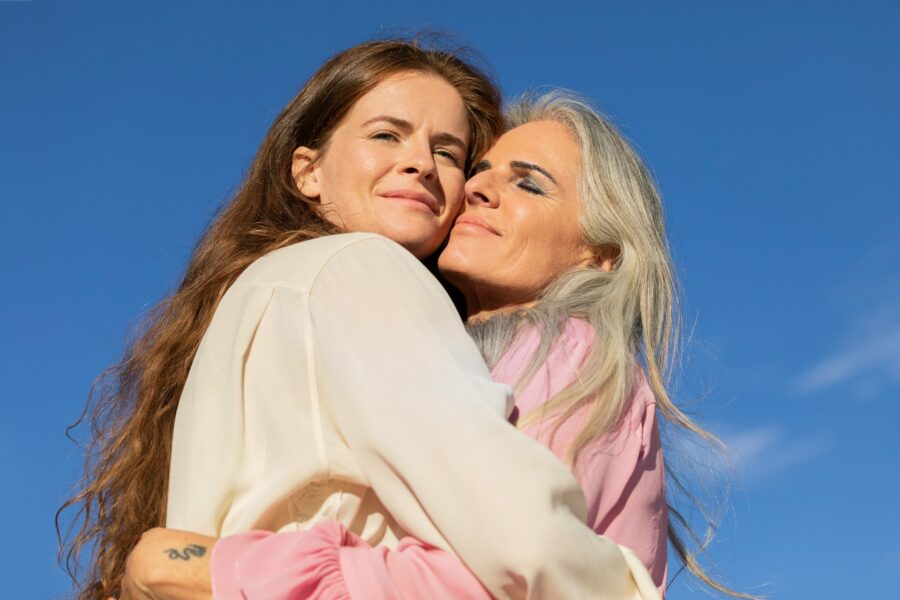
Many Blue Zone residents are part of a faith or spiritual community, whether religious or not. It’s not dogma—it’s having rituals, shared beliefs, and a sense of meaning beyond the individual self. That connection offers comfort in hard times, as well as regular social contact. People who feel spiritually grounded often report higher well-being, regardless of specific beliefs.
8. They surround themselves with like-minded, supportive people.

Longevity isn’t a solo mission. In Okinawa, close-knit social circles called moai provide lifelong emotional and practical support. It’s about choosing people who help you stay healthy—physically, emotionally, and mentally. The people around you shape your habits. In Blue Zones, community is more than just proximity—it’s protection. It buffers you from loneliness, stress, and self-neglect.
9. They rest and downshift daily.

Whether it’s a nap, a prayer, or a walk after lunch, Blue Zone cultures prioritise slowing down. They build in moments of pause, not just on weekends or holidays, but every day. This helps regulate the nervous system, reduce inflammation, and manage stress. It’s not about productivity hacks. It’s about valuing rest as a non-negotiable part of being well.
10. Age is respected, not feared.
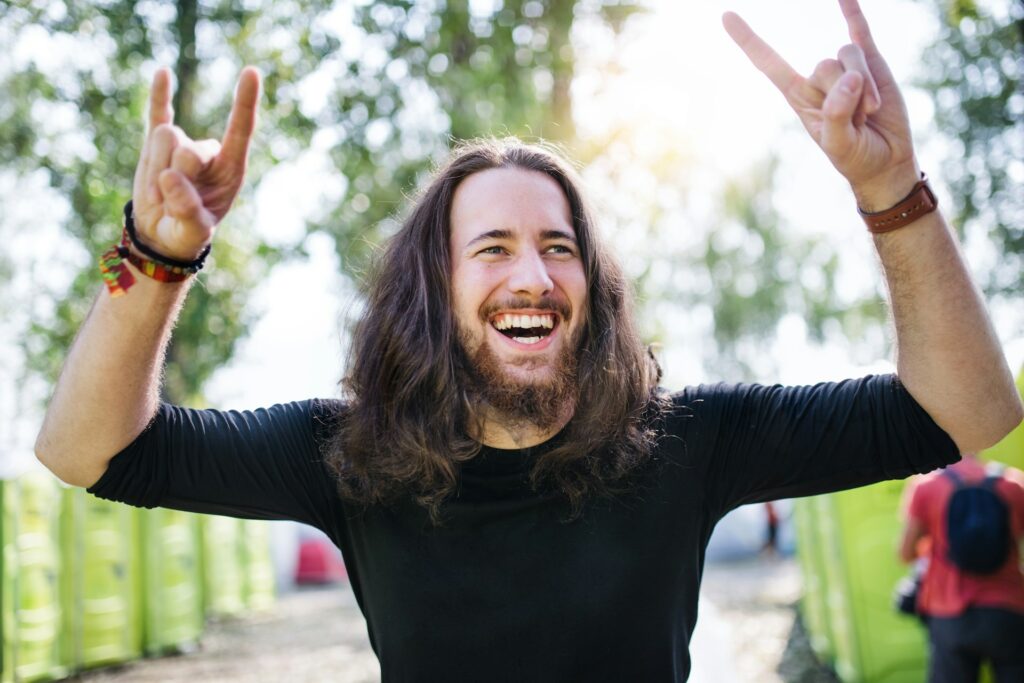
In many Blue Zone cultures, ageing isn’t treated as decline. Elders are seen as valuable, wise, and necessary to the fabric of the community. That mindset changes how people age because it’s not laced with shame or dread. Instead of fighting age, people grow into it. That sense of dignity and purpose keeps them engaged, curious, and emotionally well into later life.
11. Nature is part of everyday life.
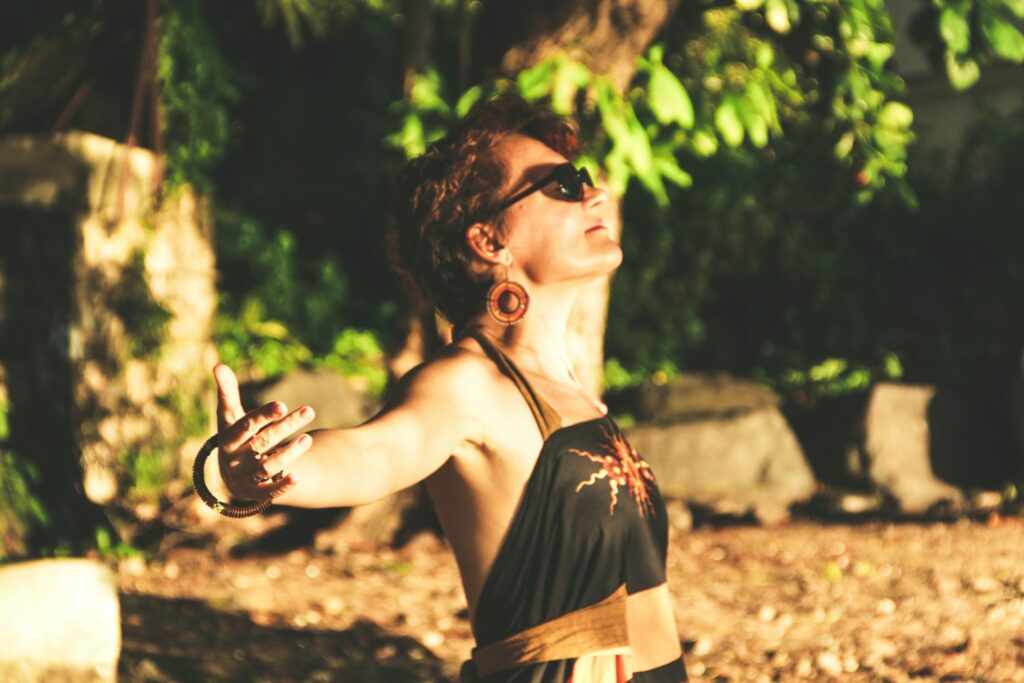
Whether they’re walking through hills, working in the garden, or sitting outside with neighbours, Blue Zone residents spend a lot of time outdoors. Nature isn’t an escape from life—it’s woven into the rhythm of the day. Fresh air, natural light, and physical contact with the land all support better sleep, better mood, and a deeper sense of connection. Nature grounds you, and they know it.
12. Health is a lifestyle, not a task.
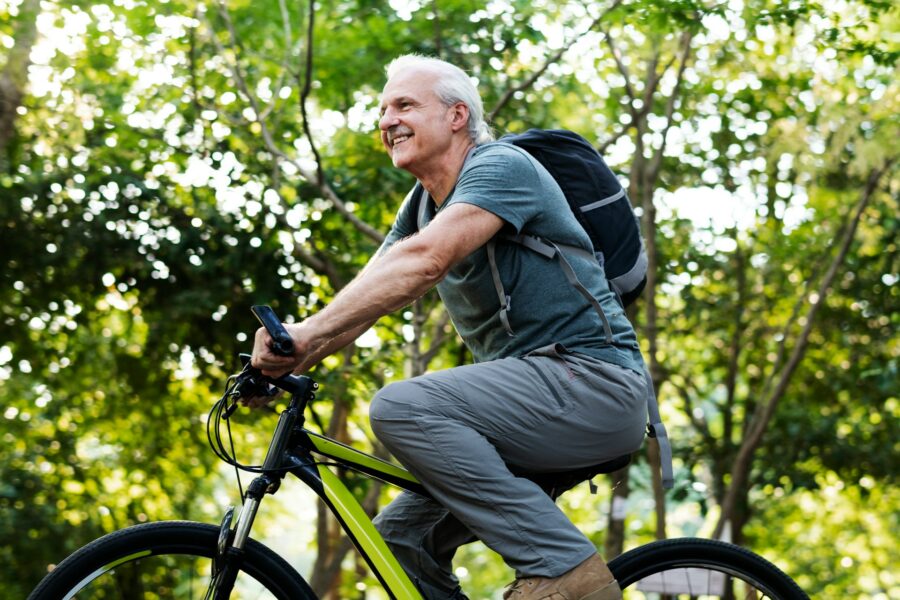
No one’s tracking steps or taking wellness selfies in Blue Zones. Their health isn’t another job—it’s just how they live. Movement, connection, food, and rest are all built into the culture, not added on top of it. This means people aren’t swinging between extremes. There’s a steady, lifelong consistency that builds resilience, not burnout.
13. Their habits are sustainable across a lifetime.
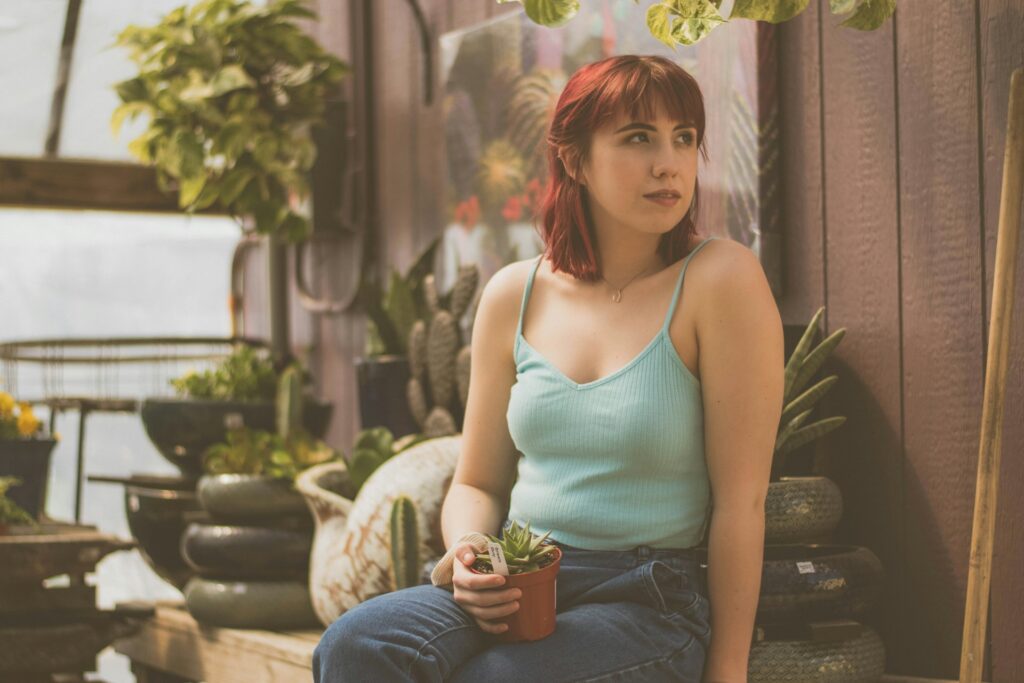
There are no bootcamps or crash diets. No obsession with biohacking or clean eating trends. Everything in a Blue Zone is built for the long haul—because it’s tied to joy, culture, and community. That’s why it works. When wellness feels integrated rather than imposed, people are far more likely to stick with it. That’s because it stops being a chore—it becomes a rhythm.
14. They find joy in the ordinary.

There’s something quiet but powerful about the way Blue Zone residents enjoy the little things—a long meal, a walk with friends, a sunny afternoon on the porch. Happiness isn’t chased. It’s noticed. That presence, that ability to savour life instead of rushing through it, might be the most underrated secret to their longevity. It’s not magic, it’s awareness—and it’s available to all of us.
